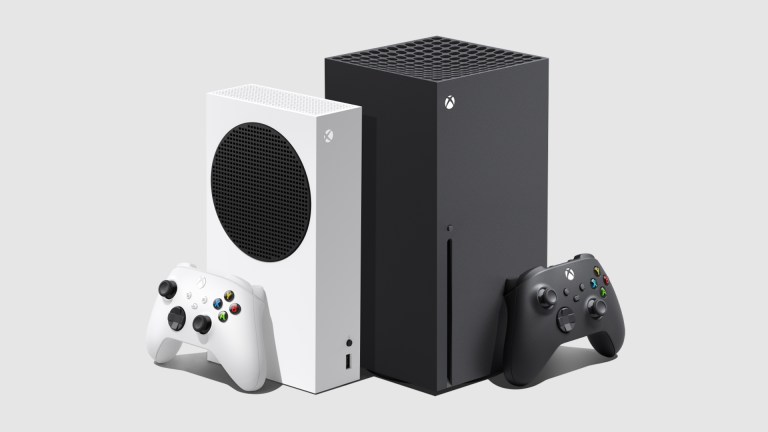Former Xbox Boss Says We May Be Coming to the End of Console Gaming
Are we entering the final generation of console gaming?

In an interview with IGN, former Xbox executive Peter Moore commented on Xbox’s decision to port formerly exclusive titles to other platforms as well as the rumors that the company is considering exiting the video game hardware market. While Moore doesn’t reveal much new information about those reports, he does paint a somewhat grim future for the future of the console industry.
“Yeah, well the numbers don’t lie. Let’s not forget hardware is a messy business,” Moore says. “If you extract hardware and look at the P&L (profit and loss) on its own, it’s brutal, but it’s the facilitator to the software and services that drive the industry. You’ve got a generation coming through now, and this is the concern maybe Phil’s talking about, that’s more likely to be utilizing their smartphone for everything, including gaming.”
Moore expands on the smartphone point by citing a “world dominated by social media content.” He notes that the dominance of smartphones means that “we’re not in the living room anymore” and are instead “in the bedroom with our YouTube influencers, our TikTok creators, and it’s about content on demand.” As Moore bluntly puts it, more people may be asking themselves “Why do I need to spend 400 or 500 bucks on a bespoke piece of gaming hardware when I’ve got my smartphone, or I got my PC or my Mac, and I can do things there with a pretty decent controller?
It’s a familiar argument that many have been making since around the time the iPhone launched in 2007. Then again, Moore says that Microsoft was also having versions of those conversations even back then.
“We were saying then, in 2007, is this the last console generation?” Moore reveals. “If you were thinking then of something that launched the mid-2000s, what does the end of the decade look like and how long the cycles were — usually five, six years — and what does it look like in five, six years? Are we going to need another?”
Competing devices aside, Moore mentions that a lack of meaningful hardware progress (and the rising costs of manufacturing that hardware) could make traditional consoles more trouble than it is worth.
“Are we ready to gird our loins financially for battle and all of the cost of development, silicon development?” asks Moore as he paints an uncomfortable image. “What is it that PS6 can do that PS5 can’t that would make people jump from PS5, or same with Xbox, same with Switch, right? God forbid it’s just incremental. And I think that the companies are also looking at that. What can we do to extend this life cycle?”
Moore’s suggestion that this issue could impact more than just Xbox in the near future is perhaps the most fascinating takeaway from this discussion.
“I think it’s a real serious question that’s being asked I’m sure in Tokyo, in Redmond, Washington, in Kyoto,” Moore says. “That’s what everybody’s working on right now, because when you start off that next generation, you’ve got to be ready to absorb billions of dollars in losses. And is the industry, given all the layoffs and everything we’re going through right now, is the industry ready for that?”
To be clear, Moore really is just asking questions and suggests other companies are probably just asking the same questions as they always do. Moore doesn’t imply that he has any specific knowledge of Xbox’s future plans, nor does he claim to know what PlayStation and Nintendo intend to do next.
Furthermore, it has been heavily suggested that Nintendo intends to release a new console sometime next year (even if it’s a relatively incremental upgrade to the Switch). PlayStation’s future plans remain a bit more of a mystery, though most evidence suggests they intend to release a PlayStation 6 in some capacity.
Even still, those are hard questions that don’t have easy answers. Yes, people have been talking about the “death” of console gaming since 2007 (and even earlier than that). While that conversation may have been slightly exaggerated at times, it has never gone away. Who can look at the console industry today and say that it’s in a healthy spot relative to the growth in similar sectors that major companies obviously seek?
Perhaps console gaming as we know it isn’t going to abruptly end quite yet. It certainly seems that there will be at least some new consoles released in the relatively near future. At the very least, Nintendo and PlayStation seem to still be in a position to argue that anyone who wants to play their biggest first-party titles should buy special pieces of hardware that allow them to do so.
Even still, console manufacturers are always testing new waters, and we’ve seen more evidence of those excursions in recent years. How long will it be before we see some of them committing to even bigger moves in an effort to get in on the ground floor of that next big thing that always comes along?
